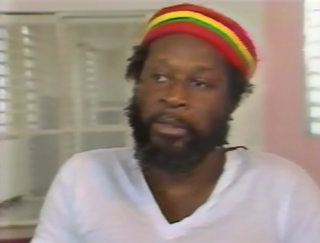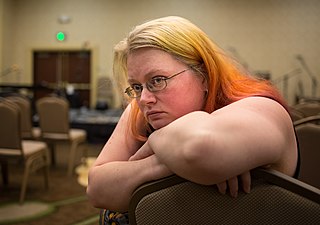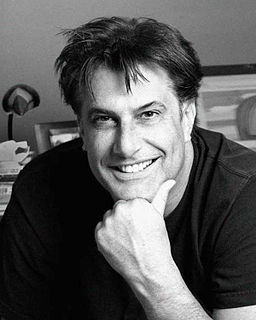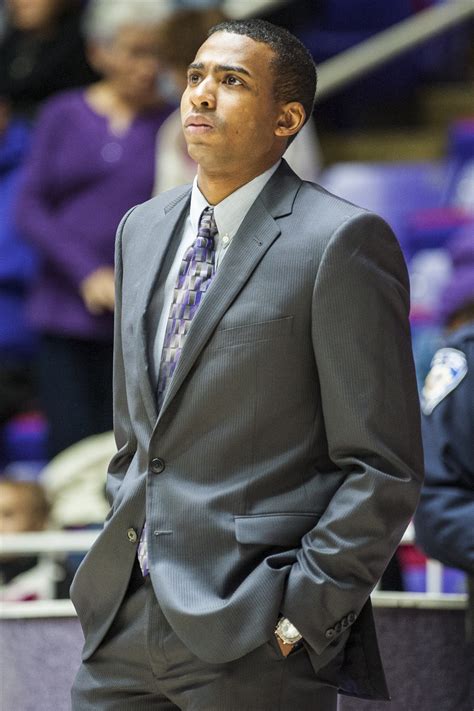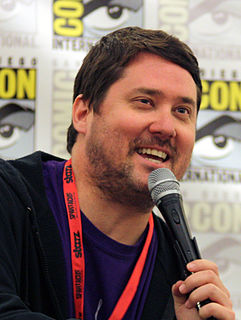A Quote by Kevin Sessums
I get rejections from the New Yorker. When I had to give a little talk to the people graduating from the MBA program at Columbia who were going into writing and filmmaking and everything, I said, "When I tried to think of what to say, the only subject I thought was appropriate for people doing what you're going to do is rejection." That's what it's all about.
Related Quotes
I think that to me, films are personal affairs. It doesn't mean that I am against other people doing things differently, but I'm talking about what I can do. So I don't feel comfortable going to a new city or a certain class of which I don't have sufficient knowledge, doing research on that, and then writing a story about it I don't think I have the ability of presenting other people on screen in that way. It makes me uncomfortable. This doesn't mean that I only want to talk about myself. I want to talk about what I know.
She said, “I’m going to have you fired.” I had two people say that to me today, “I’m going to have you fired.” Go ahead, be my guest. I’m wearing a green velvet costume; it doesn’t get any worse than this. Who do these people think they are? I’m going to have you fired!” and I wanted to lean over and say, “I’m going to have you killed.
What kind of motivated me to join the Black Panther Party was that I, along with some of the comrades that I was working with in New York, had heard about the Black Panther Party, and they were doing things that we wanted to do in New York, and we thought that would be a better vehicle than the vehicle that we had going on in New York. They were better organized, and they already had their Ten-Point Platform and Program, and people already heard about them. So we decided that we would join the party, when given a chance.
I realized I couldn't get bookings as a performing artist on the road, as it were, I could not make a living in music without going on the road, but I couldn't get booked without a new product. People say, "Where's your new album?" Well, I have no new album, and I'm not going to have a new album. They said, "What are you doing?" I'm performing music that I've done my entire life that I've never performed, and I'm promoting material that I haven't promoted.
I think I became a better writer after I started writing for the New Yorker. Well, I know I did. And part of it was having my New Yorker editor and part of it is that was when I started really going on tour and reading things in front of an audience 30 times and then going back in the room and rewriting it and reading it and rewriting it. So you really get the rhythm of the sentences down and you really get the flow down and you get rid of stuff that's not important.
What you have felt and thought will by itself invent a new style, so that when people talk about style they are always a little astonished at the newness of it, because they think that it is only style that they are talking about, when what they are talking about is the attempt to express a new idea with such force that it will have the originality of the thought.It is an awfully lonesome business, and, as you know, I never wanted you to go into it, but if you are going into it at all, I want you to go into it knowing the sort of things that took me years to learn.
Remember how pissed you got when we had to do all that reading about the Rising back in sixth grade? I thought you were going to get us both expelled. You said the only way things could've gotten as bad as they did was if people were willing to take the first easy answer they could find and cling to it, rather than doing anything as complicated as actually thinking.
I don't think the war is going to end, but the war is just going to change. So we talk about change all the time, well that's what's going to change. You know, we tried having an idiot try and justify the war and give us these rationales and now we're going to have a very articulate and capable black man say it.
Since my act is a goofy reflection of what's going on in my life, I started doing pot jokes, and I noticed that audiences invariably love pot jokes. Even people who don't smoke pot think it's a funny subject. So when I started getting laughs, I started doing more material about it. When people come to see my shows, there are a lot of stoners in the audience, but there are also a lot of people who just like me. So I try to give a healthy mix, where people aren't going "There are too many jokes about pot!" or "There's not enough jokes about pot!"
It's interesting how many science fiction writers get going when they are very young. I was on a program with Greg Bear and he mentioned that he had gotten started writing when he was eight. And I began writing when I was 10. I think we're influenced by the stuff, we find it and we love it and we're influenced by it....I know I collected my first rejection slip when I was 13, and I went on collecting them for a long time after that.
When I first told people I was writing a book, some would say that was interesting, but others thought it was some holiday project and I would lose interest. I think my parents thought the same thing, and they were surprised when I kept going. I'm not sure I thought I would keep going, but then it became a big part of my life.




